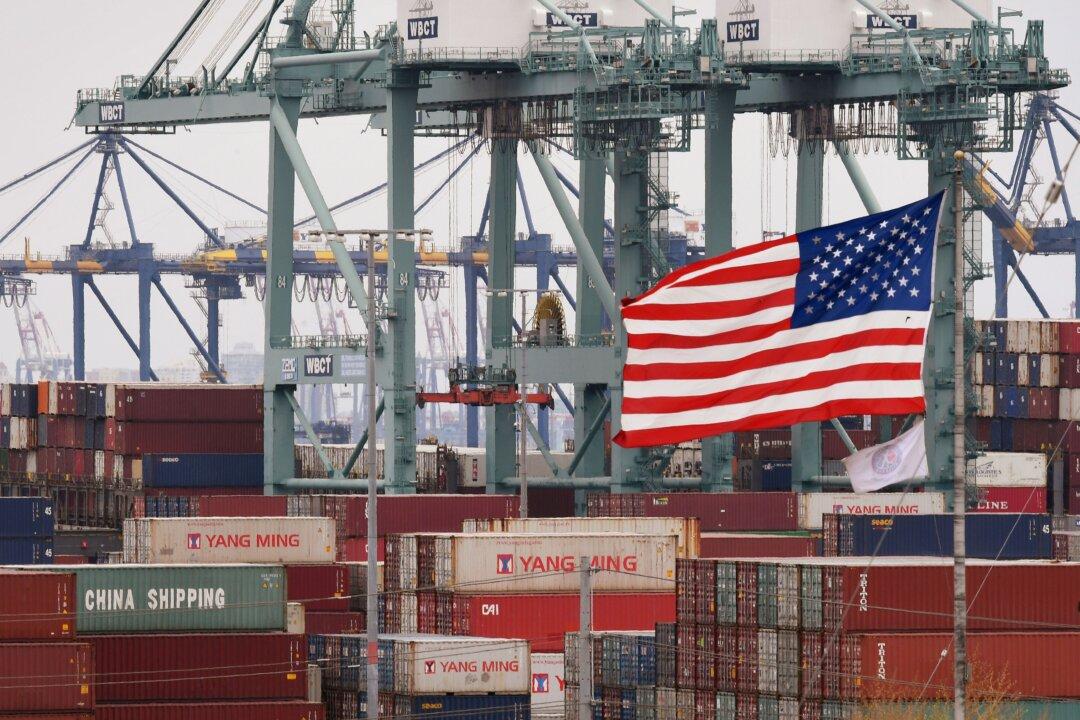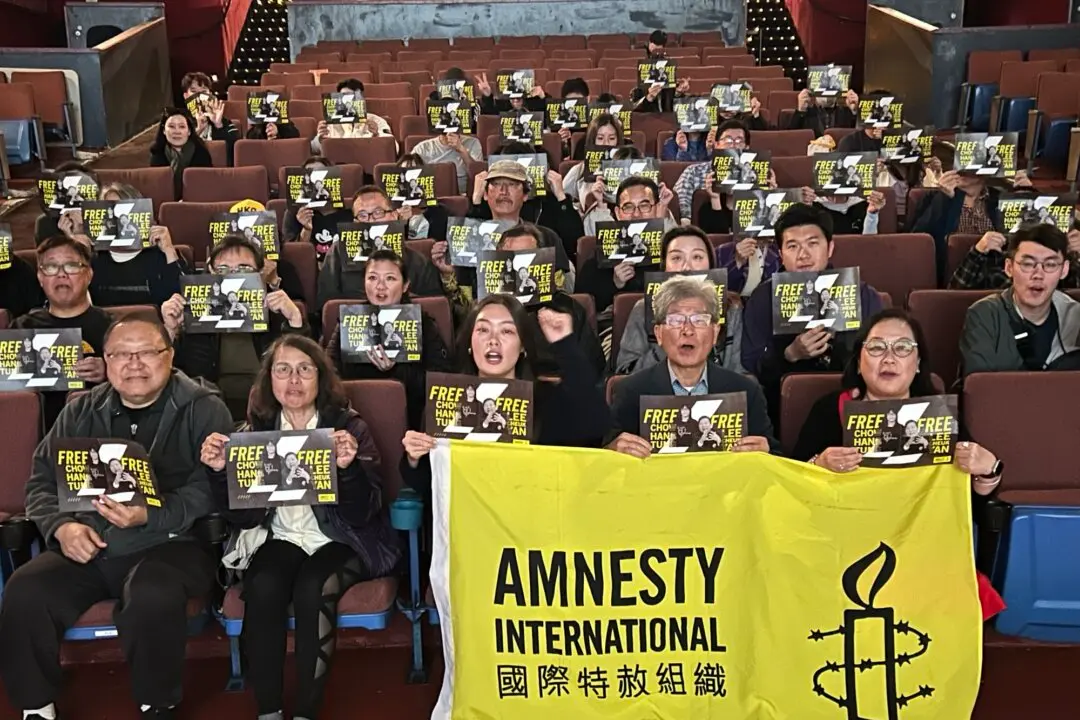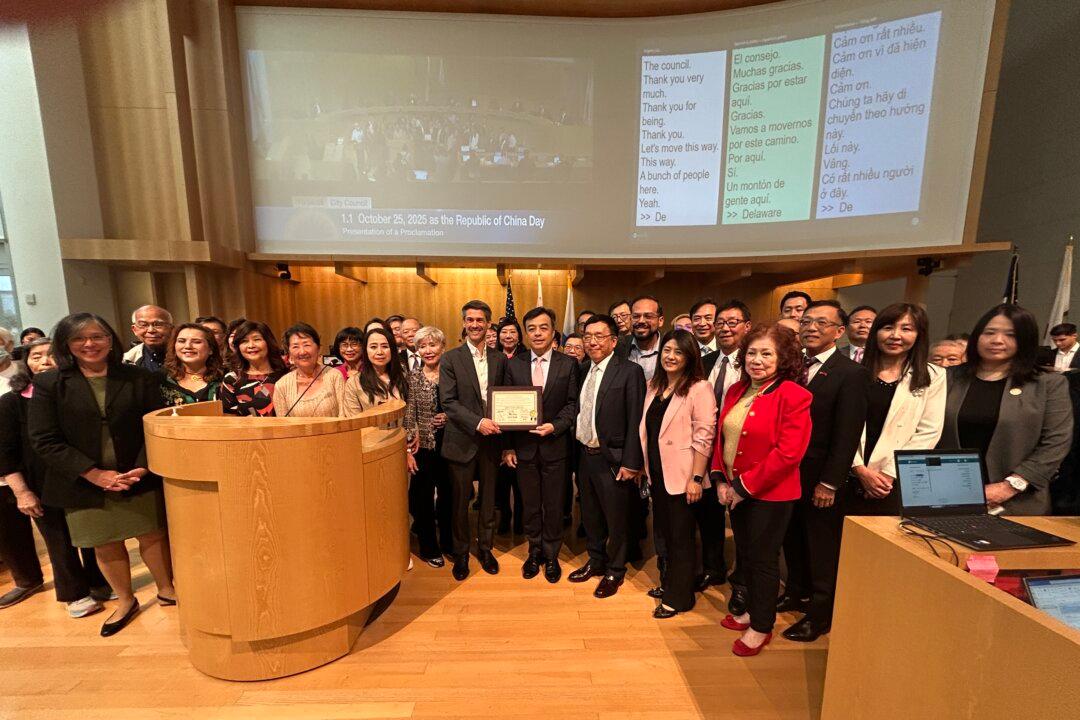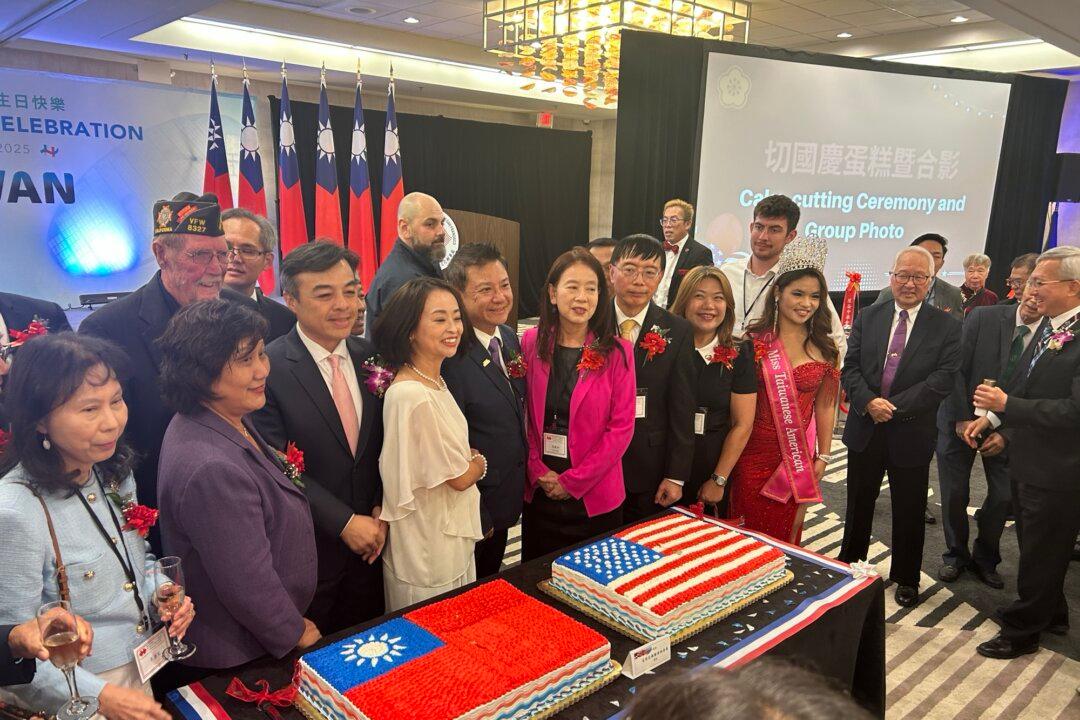The terms of a phase one trade deal between the United States and China would keep some tariffs at their current level and roll some back—but a coalition of more than 260 U.S. manufacturers have called for an increase to 25 percent on all Chinese imports.
The two countries announced a preliminary agreement and revealed some of its details on Dec. 13. As they work to finalize the deal, the Coalition for Prosperous America (CPA) is urging President Donald Trump to include higher tariffs.





